Indigenous Governance Database
federal recognition
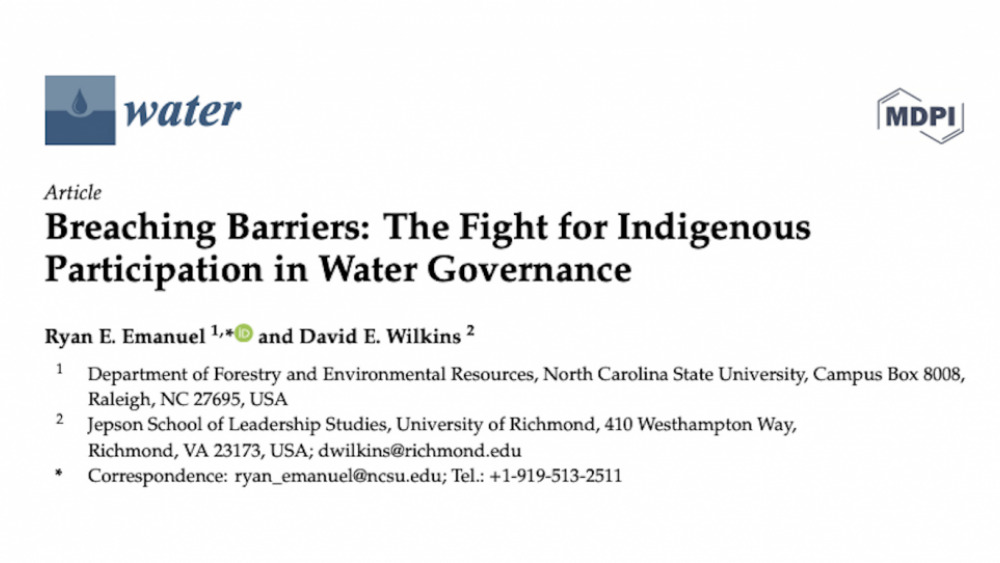
Breaching Barriers: The Fight for Indigenous Participation in Water Governance
Indigenous peoples worldwide face barriers to participation in water governance, which includes planning and permitting of infrastructure that may affect water in their territories. In the United States, the extent to which Indigenous voices are heard—let alone incorporated into decision-making—…
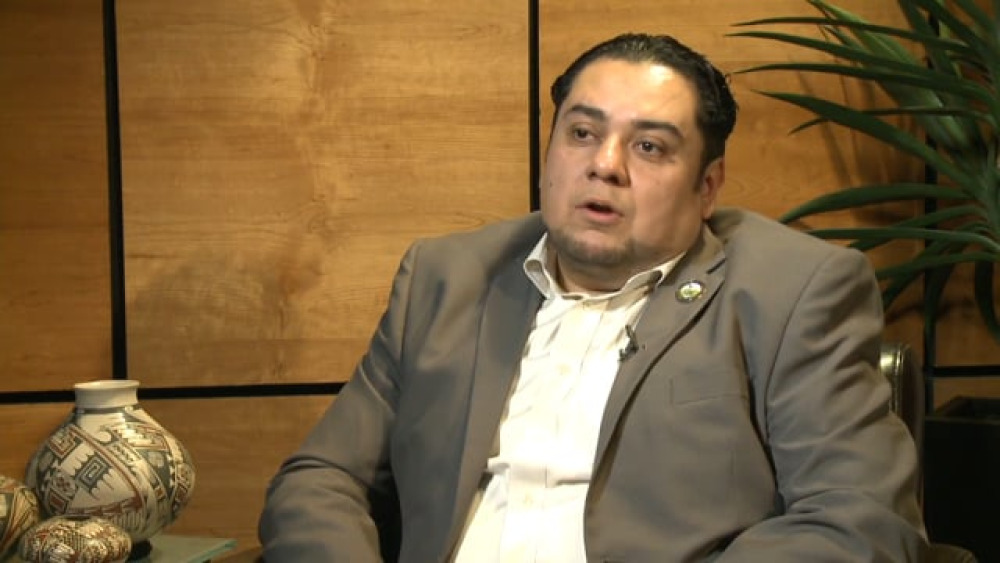
Rudy Ortega, Jr.: Asserting Sovereignty and Self-Governance
Rudy Ortega, Jr., then Vice President and citizen of the Fernandeño Tataviam Band of Mission Indians, shares his experiences leading his community and engaging in Fernandeño Tataviam self-governance in spite of his nation not yet being a state or federally recognized tribal…
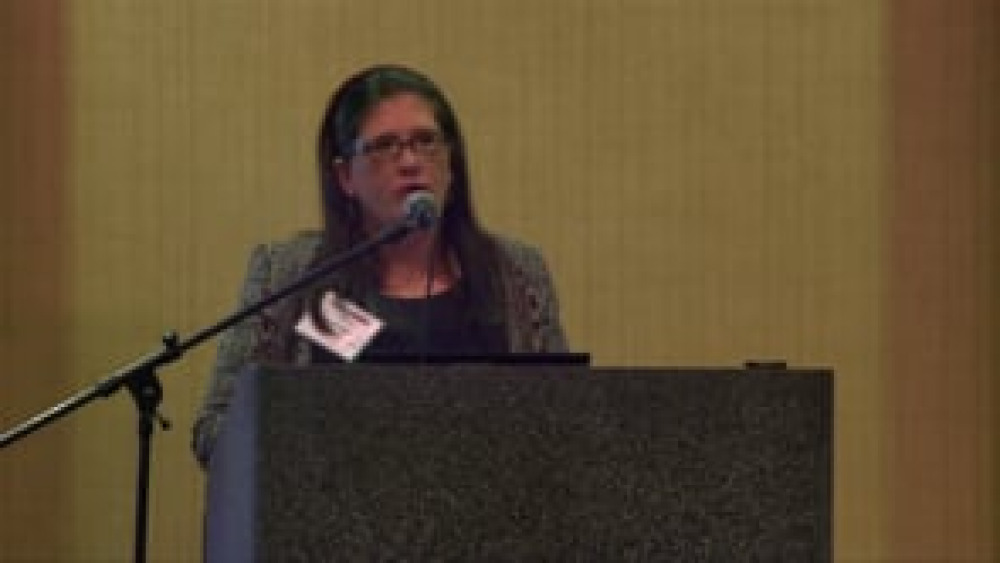
Sarah Deer: The Muscogee (Creek) Nation's Approach to Citizenship
Sarah Deer (Muscogee), Co-Director of the Indian Law Program at the William Mitchell College of Law, provides a brief overview of the Muscogee (Creek) Nation's unique approach to defining its citizenship criteria, which essentially creates two classes of citizens: those who run for elected office,…

Rebuilding the Tigua Nation
The Tigua Indians of Ysleta del Sur Pueblo in Ysleta, Texas produced this 16-minute film in 2013 to demonstrate how a Native American tribe can work hard with business skills and tribal customs to shape a prosperous future through education for all levels of the Tigua Nation.
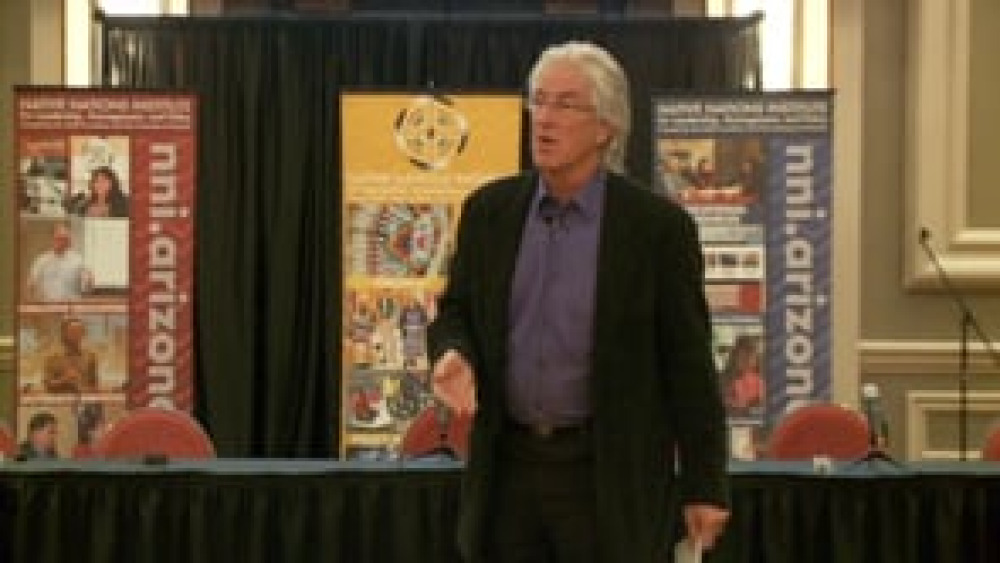
Robert Hershey: Dispelling Stereotypes about the Federal Government's Role in Native Nation Constitutional Reform
Robert Hershey, Professor of Law and American Indian Studies at The University of Arizona, dispels some longstanding stereotypes about what the federal government can and will do should a Native nation decide to amend its constitution to remove the Secretary of Interior approval clause or else make…
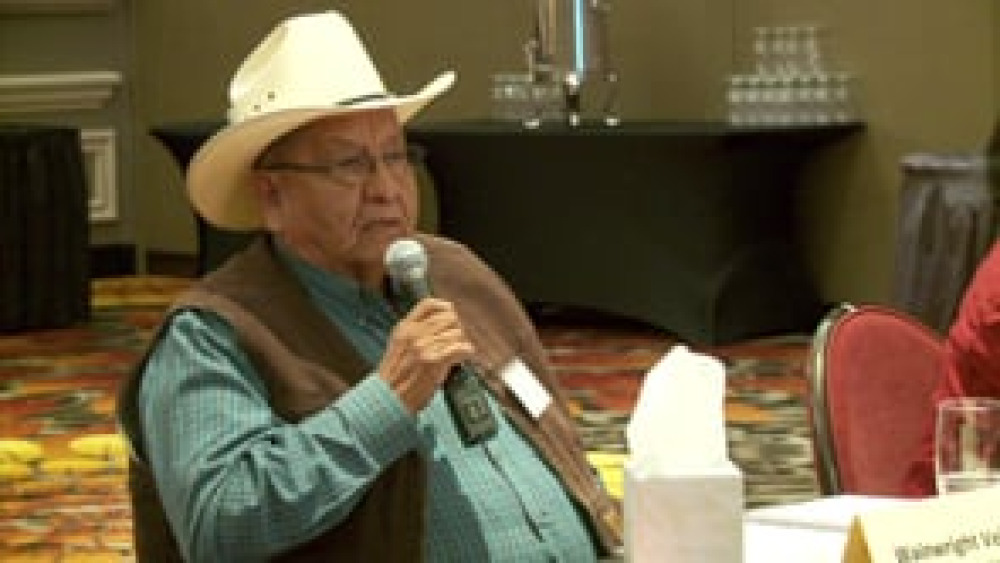
Robert Hershey and Andrew Martinez: The Legal Process of Constitutional Reform (Q&A)
Robert Hershey and Andrew Martinez engage participants in a lively discussion about the intricacies of secretarial elections and whether and how Native nations with Indian Reorganization Act constitutions should remove the Secretary of Interior approval clause from those governing documents.
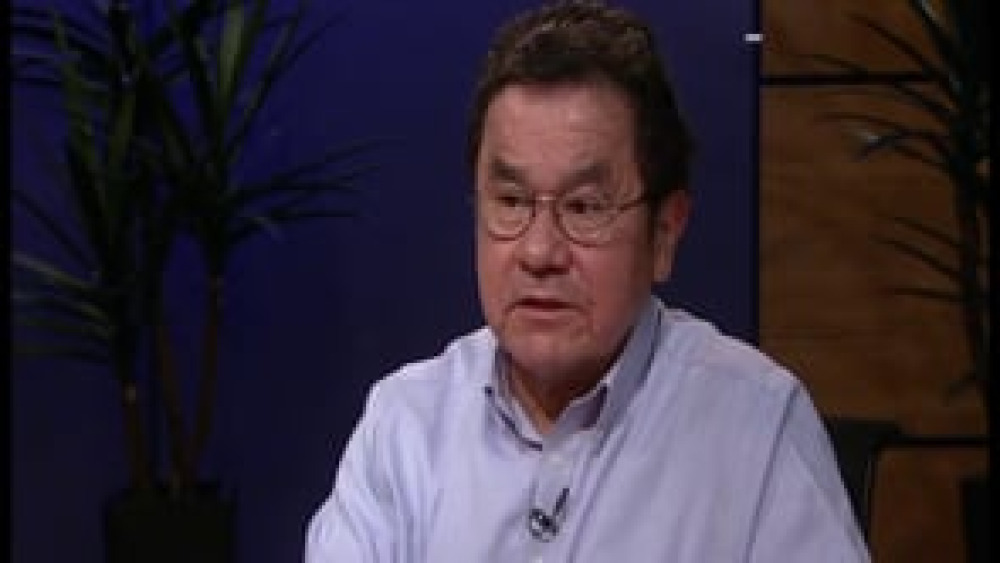
NNI Indigenous Leadership Fellow: John Petoskey (Part 1)
In the first of two interviews conducted in conjunction with his tenure as NNI Indigenous Leadership Fellow, John Petoskey, citizen and long-time General Counsel of the Grand Traverse Band of Ottawa and Chippewa Indians (GTB), discusses how GTB has worked and continues to work to build and maintain…
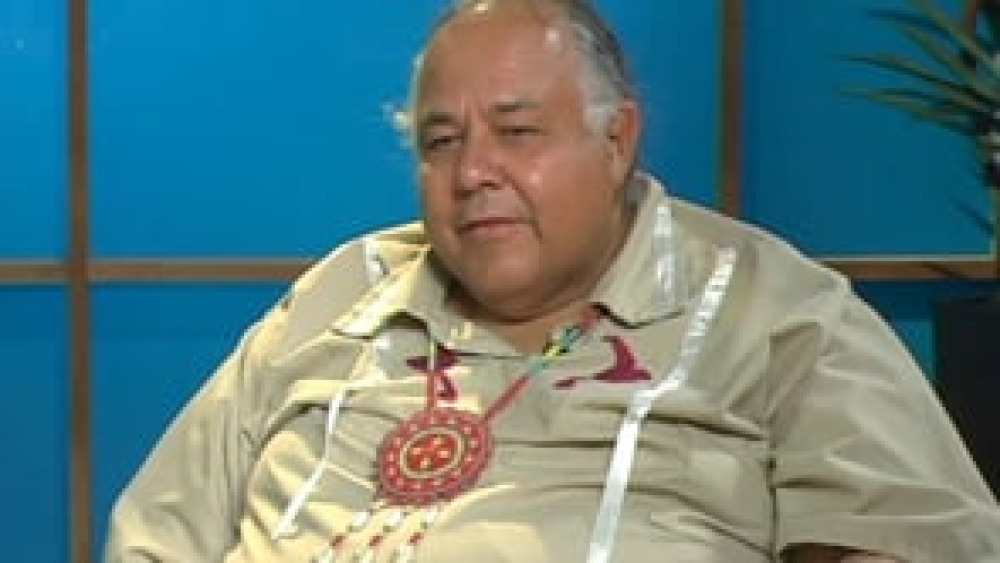
NNI Indigenous Leadership Fellow: Frank Ettawageshik (Part 1)
Frank Ettawageshik, former chairman of the Little Traverse Bay Bands of Odawa Indians (LTBBO), discusses how LTBBO has set a solid foundation upon which to engage in nation rebuilding through its development and ratification of a new constitution and governance system that is culturally appropriate…
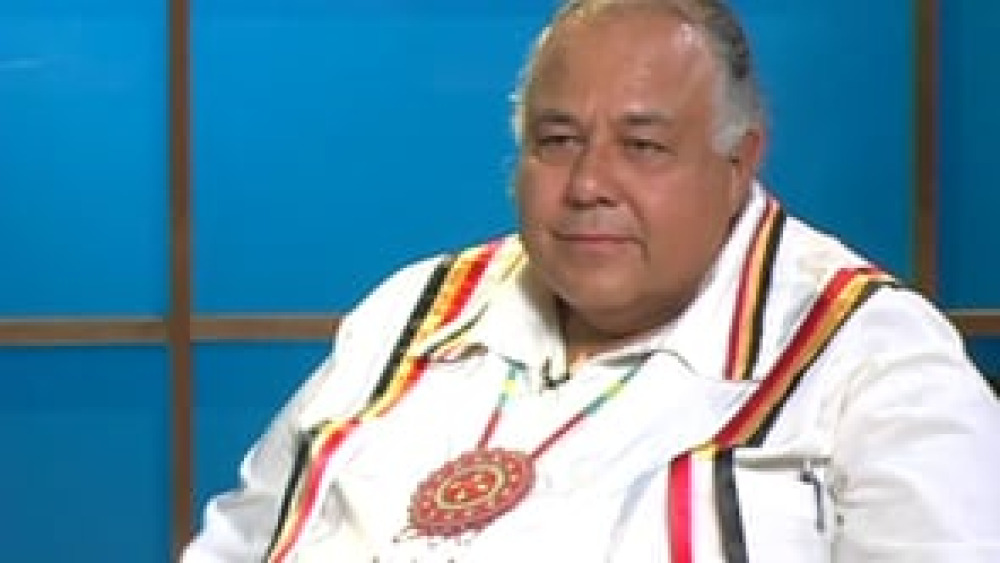
NNI Indigenous Leadership Fellow: Frank Ettawageshik (Part 2)
Frank Ettawageshik, former chairman of the Little Traverse Bay Bands of Odawa Indians (LTBBO), discusses the critical role that intergovernmental relationship building plays in the practical exercise of sovereignty and the rebuilding of Native nations. He shares several compelling examples of…
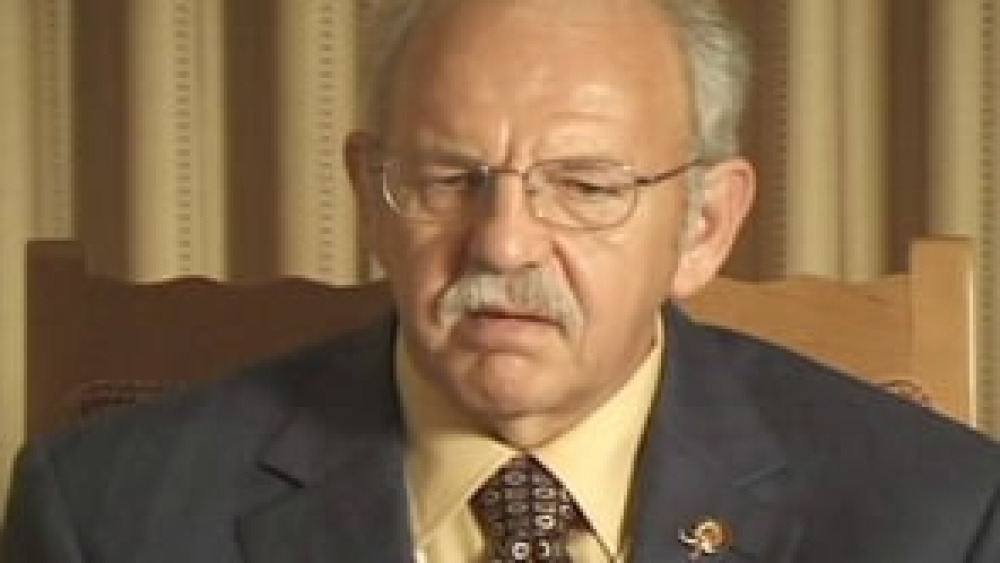
Great Tribal Leaders of Modern Times: W. Ron Allen
Produced by the Institute for Tribal Government at Portland State University in 2004, the landmark “Great Tribal Leaders of Modern Times” interview series presents the oral histories of contemporary leaders who have played instrumental roles in Native nations' struggles for sovereignty, self-…
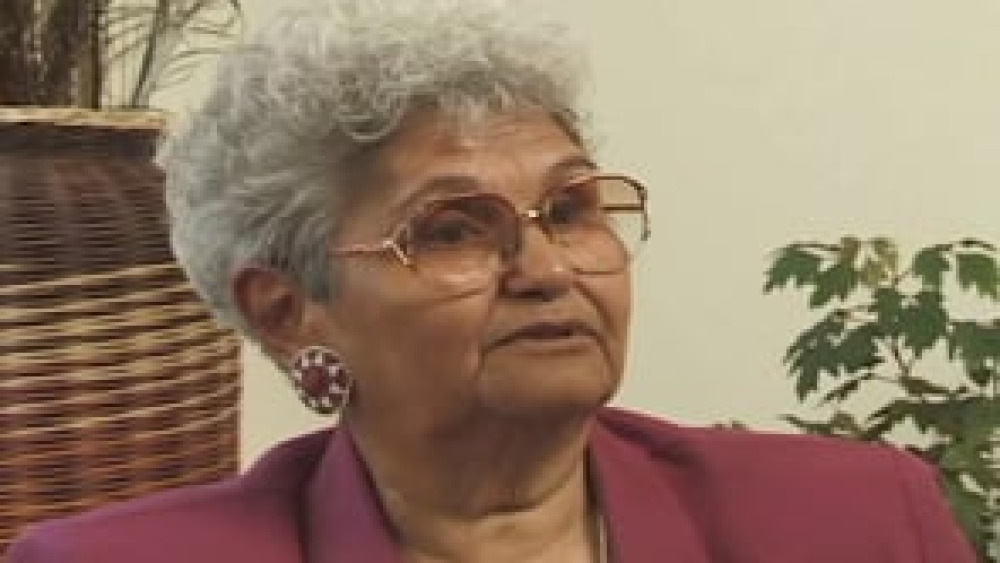
Great Tribal Leaders of Modern Times: Kathryn Harrison
Produced by the Institute for Tribal Government at Portland State University in 2004, the landmark “Great Tribal Leaders of Modern Times” interview series presents the oral histories of contemporary leaders who have played instrumental roles in Native nations' struggles for sovereignty, self-…
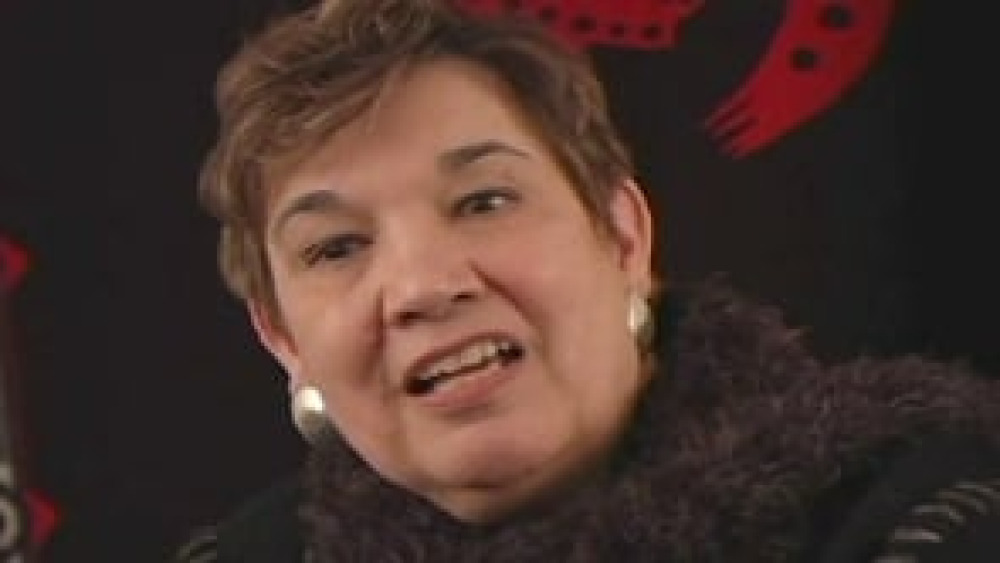
Great Tribal Leaders of Modern Times: Jayne Fawcett
Produced by the Institute for Tribal Government at Portland State University in 2004, the landmark “Great Tribal Leaders of Modern Times” interview series presents the oral histories of contemporary leaders who have played instrumental roles in Native nations' struggles for sovereignty, self-…
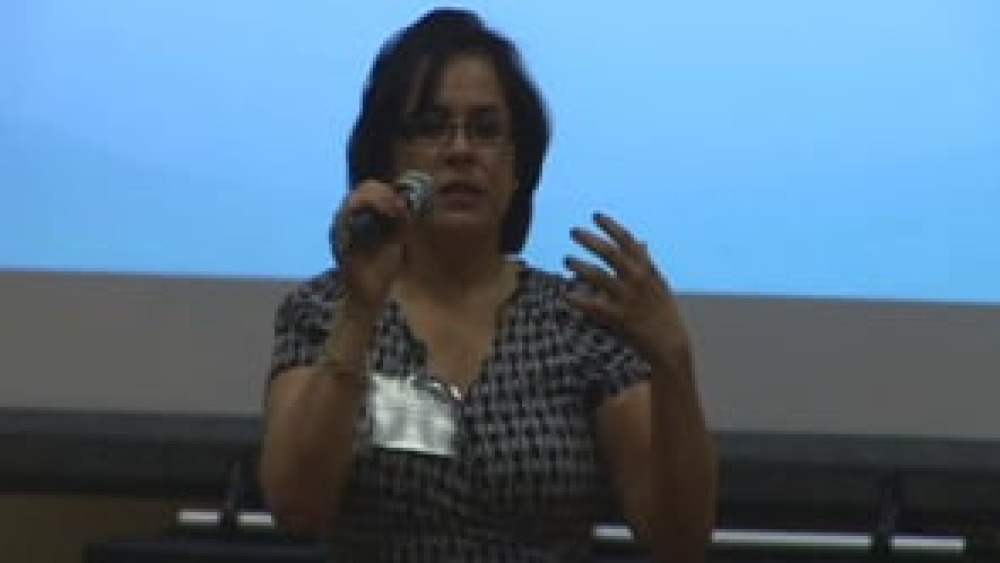
Herminia Frias: Engaging the Nation's Citizens and Effecting Change
Herminia Frias, former Chairwoman of the Pascua Yaqui Tribe, discusses the citizen engagement challenges she encountered when she took office as an elected leader of her nation, and shares some effective strategies that she used to engage her constituents and mobilize their participation in and…
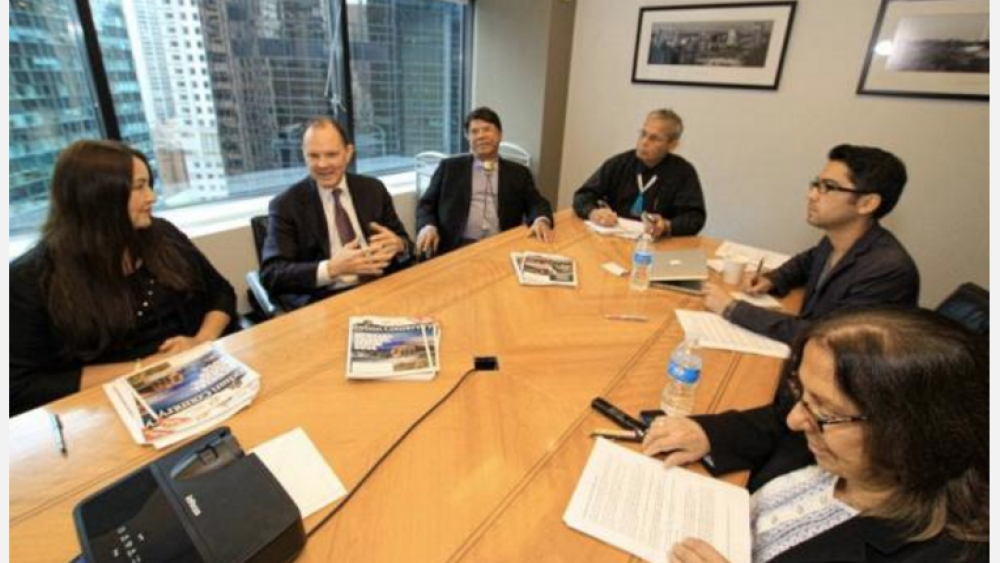
BIA Head Kevin Washburn Speaks to ICTMN About NCAI, Federal Recognition and More
ICTMN's panel consisted of Ray Halbritter, Publisher; Gale Courey Toensing, staff reporter as moderator; Ray Cook, Opinions Editor; Valerie Taliman, West Coast Editor; and Simon Moya-Smith, Correspondent. All participants asked questions at various points in the conversation (photographer Cliff…
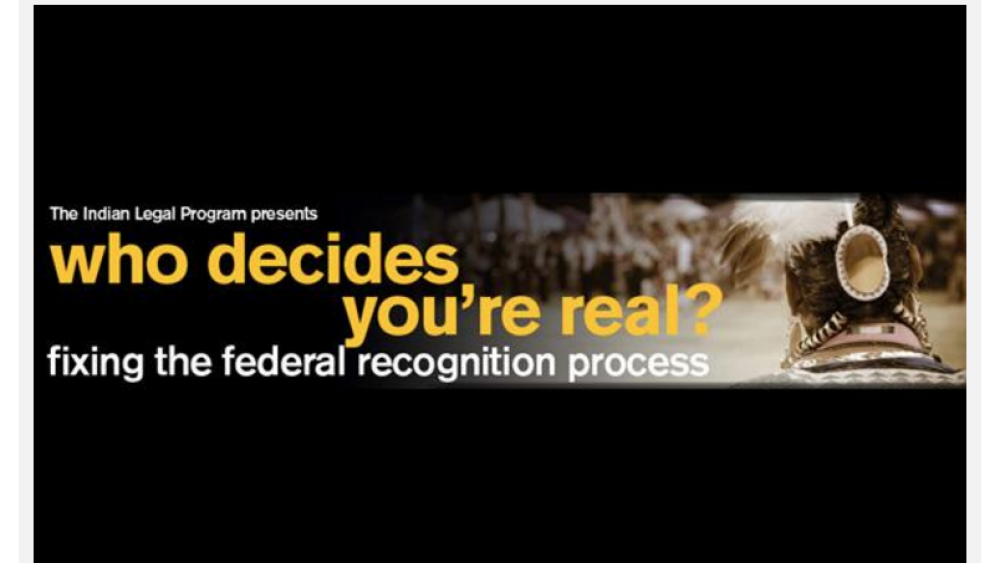
Federal Recognition Process: A Culture of Neglect
The Shinnecock Indian Nation was petitioner number 4 on the Bureau of Indian Affairs’ list of tribes seeking federal recognition in 1978 soon after the agency established the seven criteria for recognition. Thirty-two years and $33 million later in June 2010, the BIA acknowledged the Shinnecock…
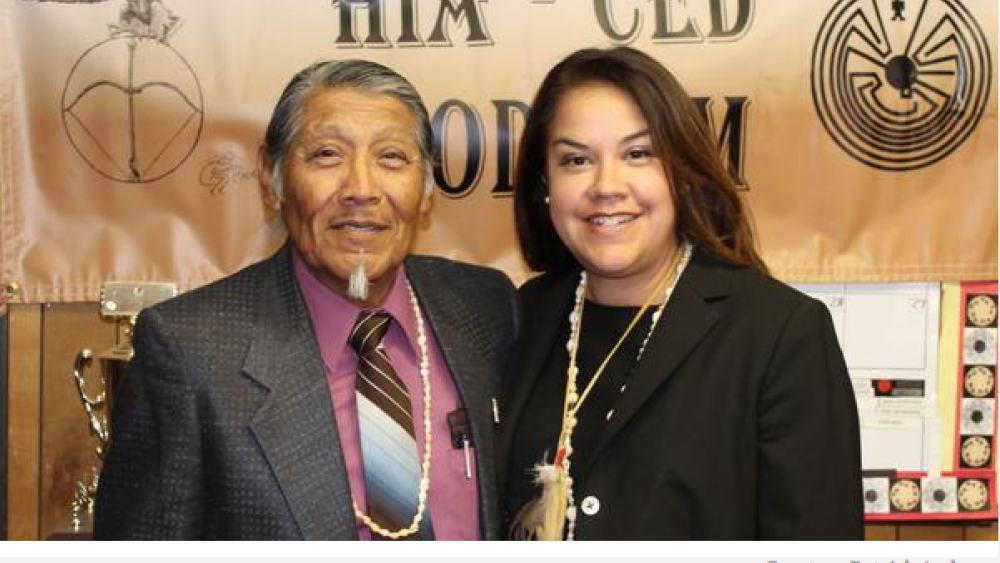
Extinct No More: Hia-Ced O'odham Officially Join Tohono O'odham Nation
After 33 years of hard work to right the past, the Hia-Ced O’odham, once thought to be extinct, can finally say they belong as part of the Tohono O’odham Nation. On June 12, the Hia-Ced O’odham District officials were sworn-in and the Hia-Ced District was officially recognized as the 12th district…
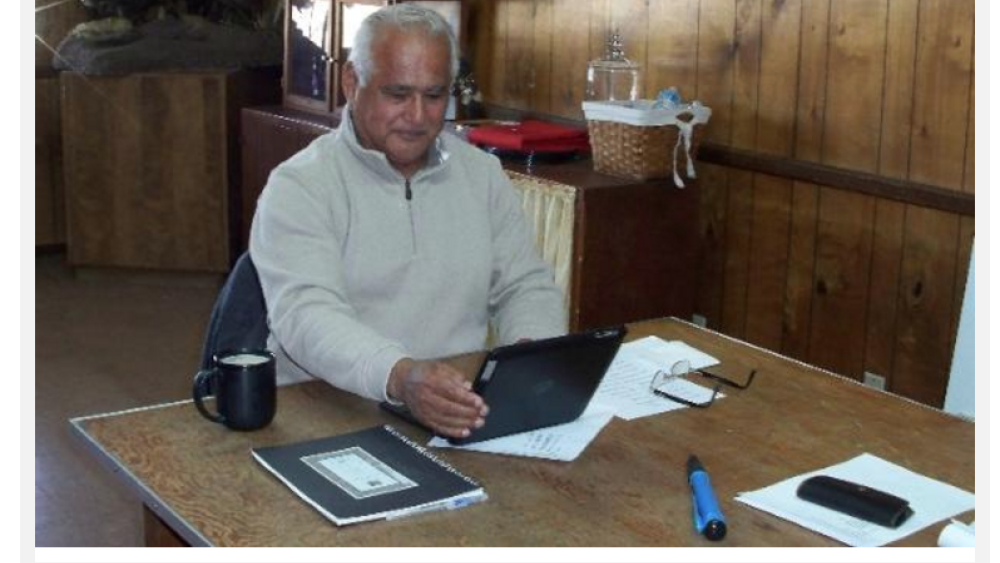
New Leadership for Tubatulabal Tribe; Recognition, Economic Development Among Top Priorities
The new year had barely dawned and Tubatulabal Tribe Chairman Robert Gomez was hard at work on the priorities he and the council had established for the year. It’s a heavy load: Federal recognition. Economic development. Professional development for tribal leadership. Community outreach. Continued…
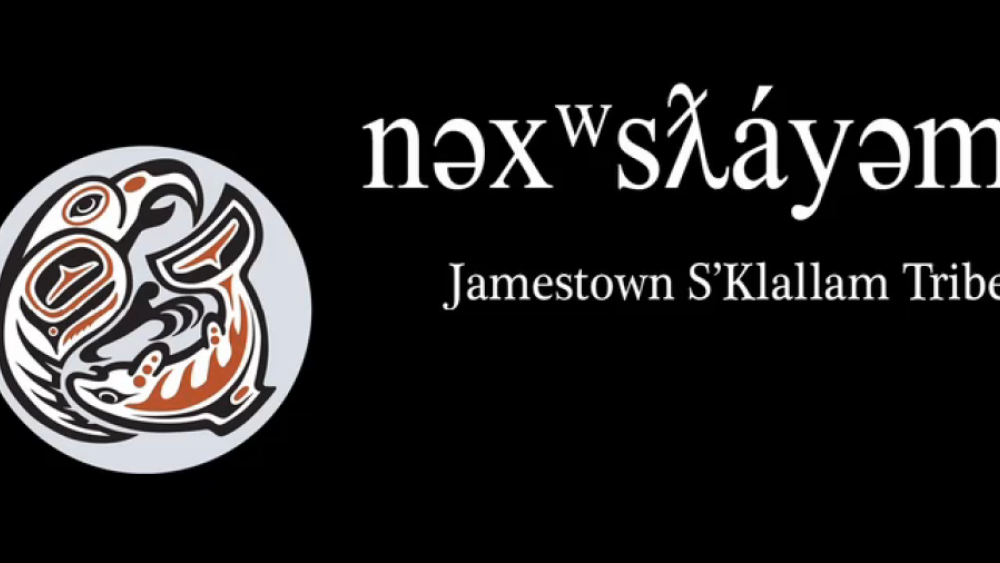
The Jamestown S’Klallam Tribe, a 21st century sovereign nation
For ten thousand years, a Nation of people lived and prospered on the lands now known as the Olympic Peninsula in the State of Washington. These strong people of the S'Klallam Tribes had a system of governance, engaged in commerce, managed natural and human resources, and exercised power over their…
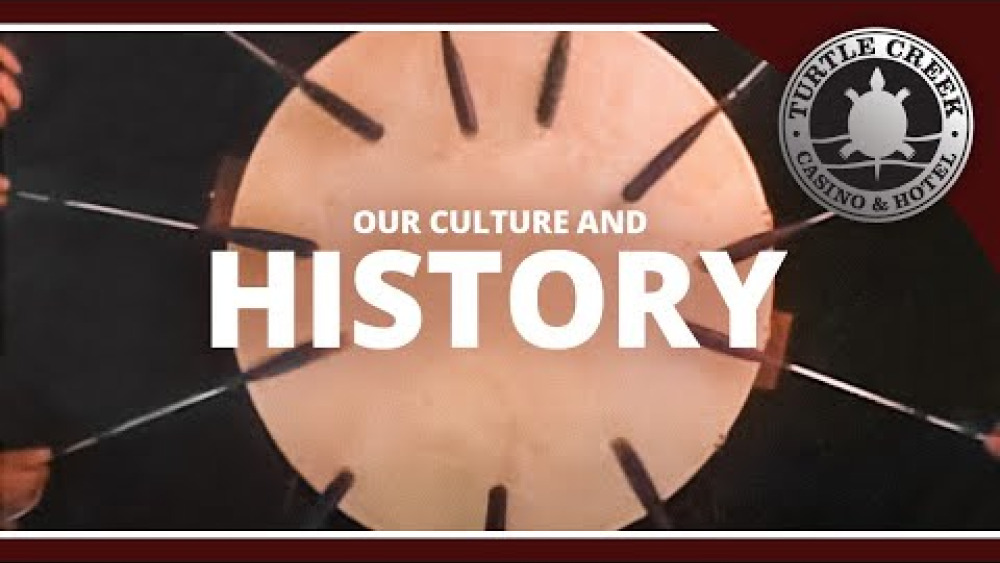
The Grand Traverse Band of Ottawa and Chippewa Indians
This video, produced by the Grand Traverse Band of Ottawa and Chippewa Indians, provides a brief overview of the nation's history, from its push to achieve federal recognition to its efforts to create a diversified, sustainable economy.
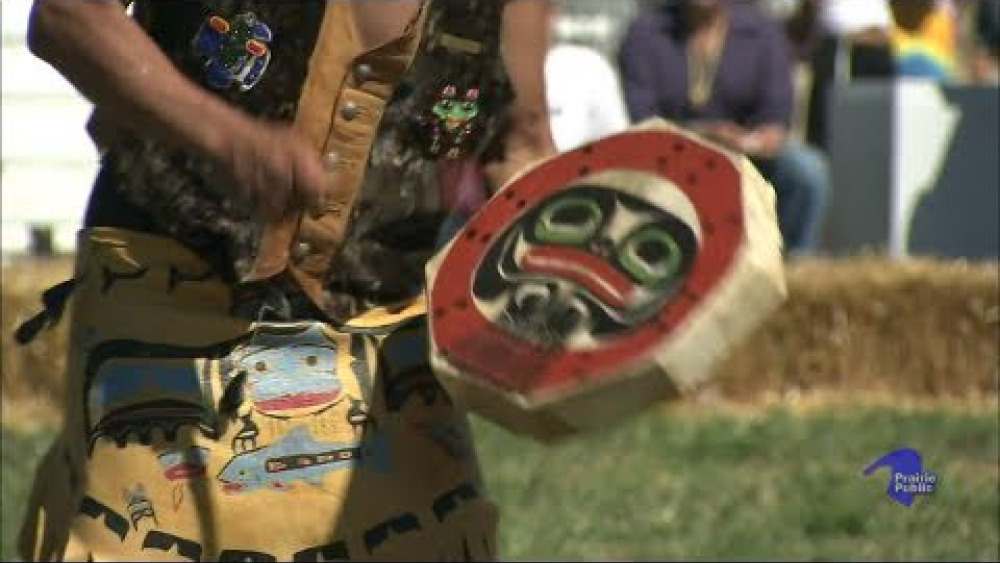
Indian Pride: Episode 102: Treaties & Sovereignty
Indian Pride, an American Indian cultural magazine television series, spotlights the diverse cultures of American Indian people throughout the country. This episode of Indian Pride features John Echohawk, Executive Director of the Native American Rights Fund, and focuses on understanding Indian…
